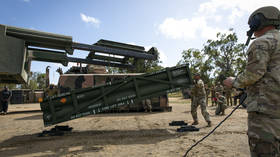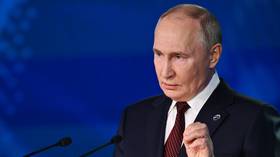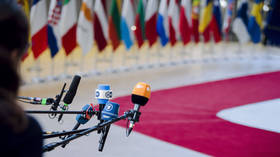Reflections on Britain’s finest hour, 75 years on
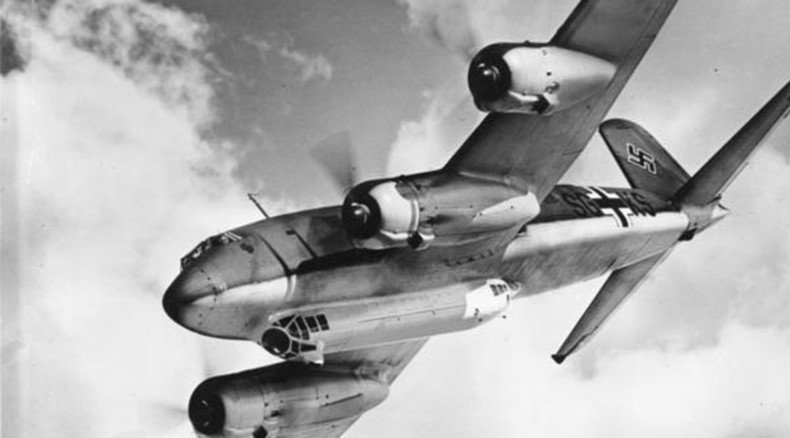
Events are being held to commemorate the 75th anniversary of the Battle of Britain, commonly regarded, and with justification, to have been Britain’s 'finest hour'.
In August 1940, Britain was in the fight of its life, against a Nazi war machine that already had conquered large chunks of Europe. The German invasion of the British mainland - aka Operation Sea Lion - was planned for the middle of September, but first the Luftwaffe had to knock out the RAF. They appeared to have the advantage, but Fighter Command resisted heroically and Britain survived.
Victory in the Battle of Britain was the first major turning point in World War Two, as it marked the first time the Nazis’ advance had been checked.
Its importance can’t be overstated, because if the Germans had succeeded in invading Britain and placing the country under a pro-Nazi puppet government, they would have been able to deploy all their forces against the Soviet Union in 1941, instead of fighting a war on two fronts.
Hitler‘s forces had looked unstoppable in the spring of 1940. The Low Countries, France, Denmark and Norway had all fallen to the German invaders.
But the Fuhrer’s hesitation over an assault on Britain proved costly.
Britain was very vulnerable following the forced evacuation of Allied troops from Dunkirk in northern France in late May/early June 1940. But instead of pressing home his advantage, Hitler paused, as he still hoped that Britain would sue for peace.
“Dithering, he gave the RAF and the ground defenses of Britain a precious month of grace,” writes historian Angus Calder in his book ‘The People‘s War’. It was only on July 16 that Hitler issued Directive No 16 for preparations to be made for ‘Operation Sea Lion’.
Britain used its ‘month of grace’ to great effect. In June 1940, 446 fighter aircraft were delivered and in July 1940, 496 were added. When the Battle of Britain started, the Luftwaffe still had a numerical advantage, but it was not as great as it would have been had Hitler launched his air attacks earlier. "It was believed at the time that if the battle was a sporting contest, Fighter Command was the ‘underdog’. This was not exactly the case; while the British planes were outnumbered, they had many advantages and it was a most equal match," writes Calder.
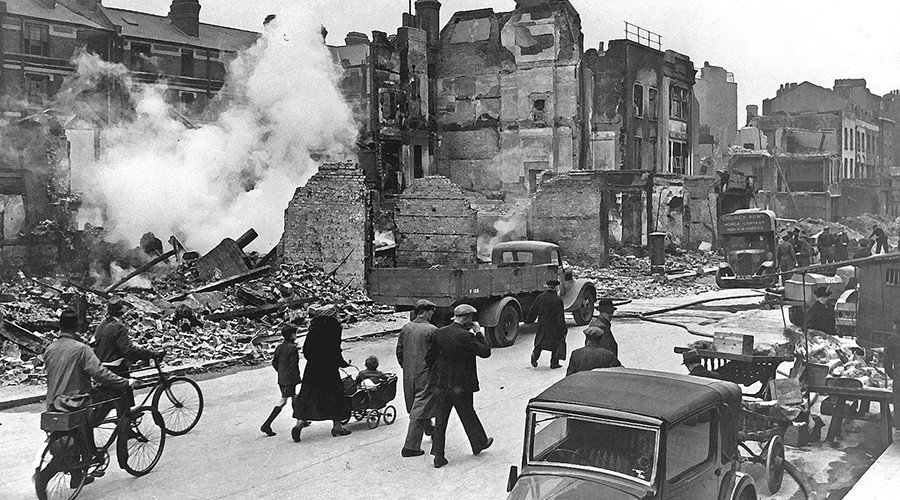
During the Battle of Britain the Germans made a number of crucial mistakes. First, they downplayed the importance of destroying the UK’s radar system. They did knock out a radar station in Ventnor in the Isle of Wight, but they did not follow up with other such attacks. “Remarkably little damage was done to radar stations since the Germans did not fully appreciate how valuable they were in warning of attack, and did not give them high priority,” explains Juliet Gardiner in her book, “Wartime: Britain 1939-1945.” Second, the Germans only began the heavy bombing of aircraft factories when the Battle of Britain was almost over.
The Germans did intensify their attacks on airfields in the second half of August 1940, yet at the very moment when the battle began to turn their way, Hitler made the fateful decision to start bombing British cities. This was in retaliation for British raids on Berlin, which in their turn had been retaliation for German pilots – who, having lost their way - bombed London by mistake on August 24.
Britain’s air commanders, naturally incensed that Hitler was bombing civilian centers, were nevertheless relieved about the change in strategy. “I said ‘thank God’ because I realized that the methodical Germans had at last switched their attacks from my vital aerodromes on to cities,” wrote Air Vice Marshal Park.
While the German high command made serious errors, the British effort in that summer of 1940 was truly incredible. It wasn’t just the brave Battle of Britain pilots (who came not only from the UK but also from the US, France, Belgium, Czechoslovakia, Ireland, Poland, Australia, Barbados, Canada, Jamaica, Newfoundland, New Zealand, South Africa and Southern Rhodesia - nowadays Zimbabwe) who saved the country; we must also consider the role played by people working round the clock in the aircraft factories. “Between 1st June and 1st November 1940, an average of sixty-two Hurricanes and thirty-three Spitfires were leaving the factories each week. In total 4,283 fighter planes rolled off the assembly lines in 1940. The Germans were producing fewer than half that number,” Gardiner wrote.
Not only that, but there was the work done to repair damaged aircraft and get them airborne again. “A third of the planes issued to fighter squadrons during the Battle of Britain were salvaged rather than new,” Gardiner added.
The whole country was mobilized for the war effort and the leadership of Winston Churchill was truly inspiring. At their moment of greatest crisis, the British remained calm and successfully defended their country.
It stirs the soul to look at the way the British - and the people from other countries who fought alongside them - refused to buckle under in 1940. But at the same time there’s a sense of sadness too as we reflect on how Britain has lost its way in foreign policy in recent years.
In 1940, the British government stood up to Nazis; in 2015, its government has been on the same side as neo-Nazis in Ukraine. What would Winston Churchill have to say about that? In 1939, Britain declared war on Germany because of Hitler’s illegal attacks on sovereign states, yet taking part in illegal attacks of sovereign states has become a hallmark of British foreign policy in recent years. This is not to directly equate the actions of recent British governments to Nazi Germany, but to point out that the country which undoubtedly held the moral high ground in the summer of 1940 can’t in all honesty claim to hold the moral high ground today, when it comes to matters of war and peace.
The UK has taken part in too many wars of choice for that.
Britain’s more aggressive neocon-influenced foreign policy has led to its losing much of the goodwill that it had accumulated on account of its heroic opposition to the Nazis in the 1940s. I experienced this goodwill for myself when I went on a holiday to the Zuid-Holland province in the Netherlands in 1988. My friend and I went on an afternoon trip along the waterways in a small boat. At the end of the afternoon it was time to pay the boatman, but he refused to take our money. “Your country saved us in WW2,” he said. “We were starving and you saved us and so I cannot charge you.”
Somehow, I don't think such an incident would occur today. Anthony Charles Lynton Blair has an awful lot to do with that. If standing alone against the Nazis in 1940 was the UK’s finest hour, then the Iraq war was its most shameful: A blatantly illegal attack on a sovereign state sold to the public on the basis of a whopping big lie that Iraq possessed WMDs that threatened the world.
Those who think that the illegal invasion, which has led to deaths of up to a million people was ‘no big deal,’ - or even worse those who still defend it - should reflect on the words of Chief US Prosecutor Robert H. Jackson (which were repeated by the judges when delivering their verdict at the Nuremberg trials in 1946): “To initiate a war of aggression… is the supreme international crime, differing from other war crimes in that it contains within itself the accumulated evil of the whole.”
The announcement this week by Jeremy Corbyn, the front-runner in the Labour leadership race, that he would, if successful, apologize to the British people for the ‘deception’ which led up to the 2003 invasion (and to the Iraqi people “for the suffering we have helped cause”) is to be highly commended.
Corbyn has also pledged his opposition to Britain taking part in any more illegal wars. Again, it’s a move that should be welcomed.
Seventy-five years on from the Battle of Britain, we need to remember the great heroism shown by those resisting Nazi aggression, and use it to inspire us to get British foreign policy back on the right, lawful track.
The statements, views and opinions expressed in this column are solely those of the author and do not necessarily represent those of RT.
The statements, views and opinions expressed in this column are solely those of the author and do not necessarily represent those of RT.



